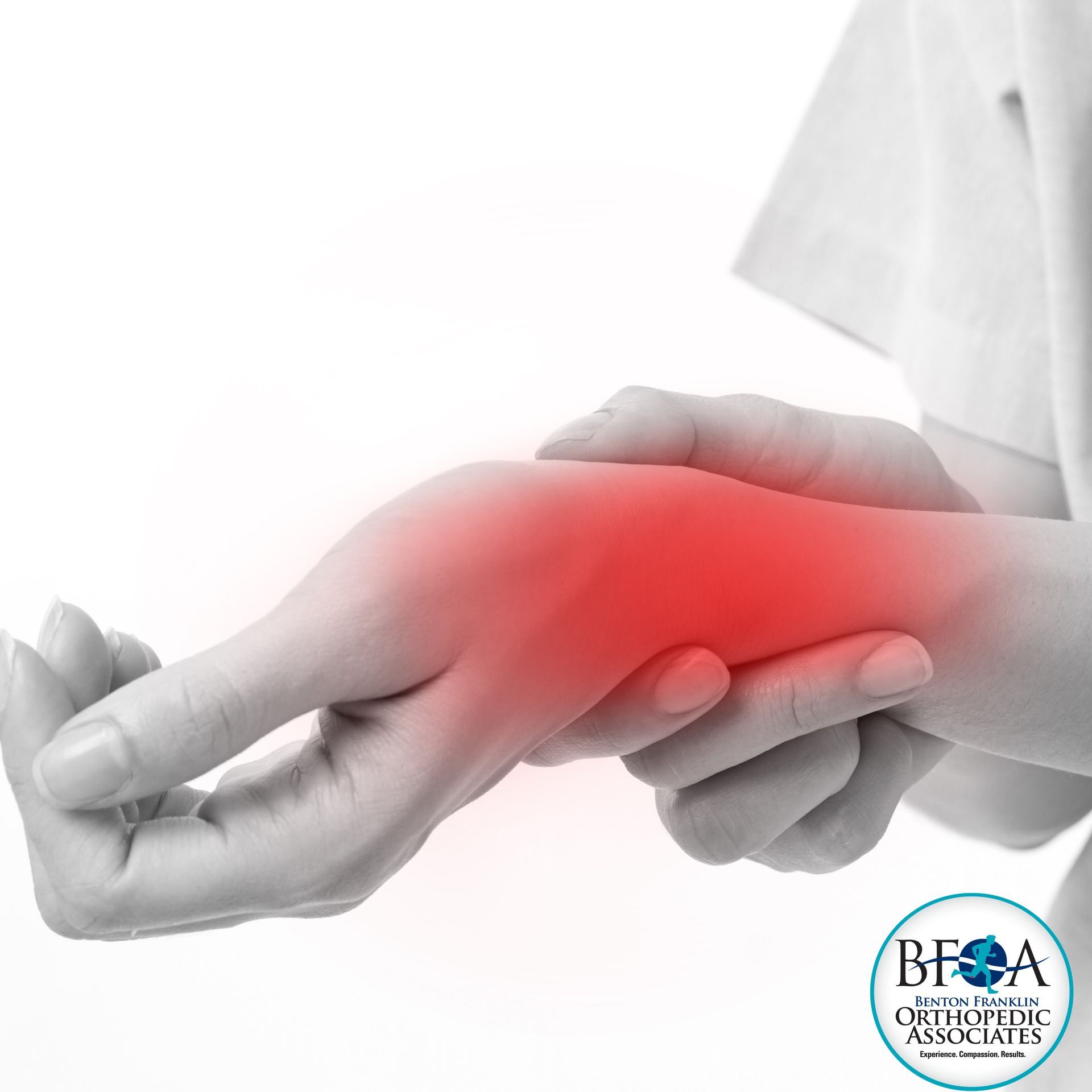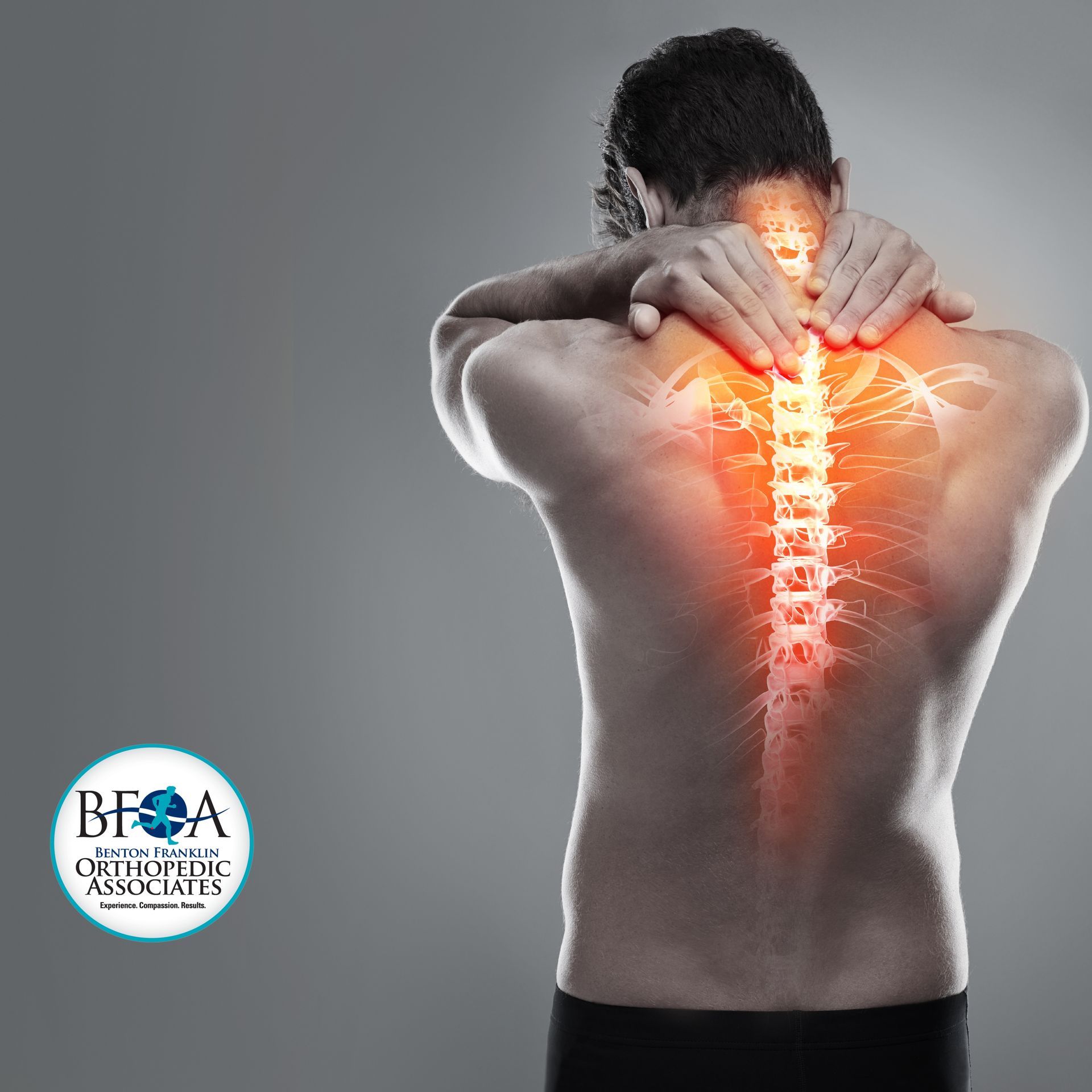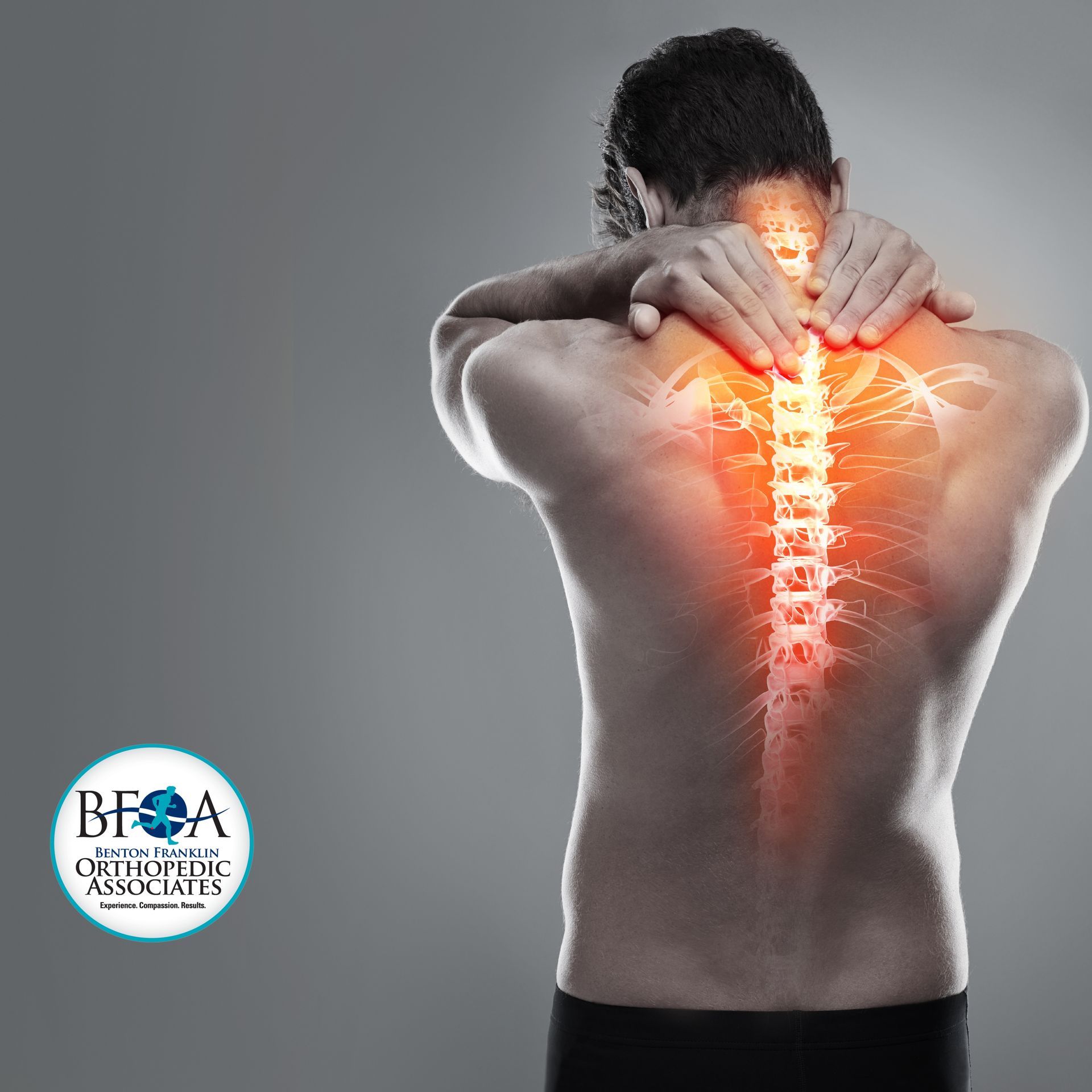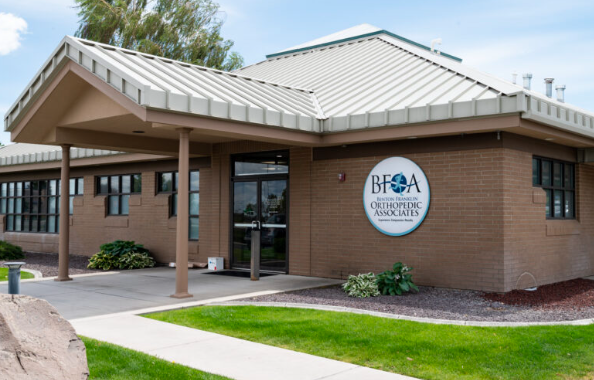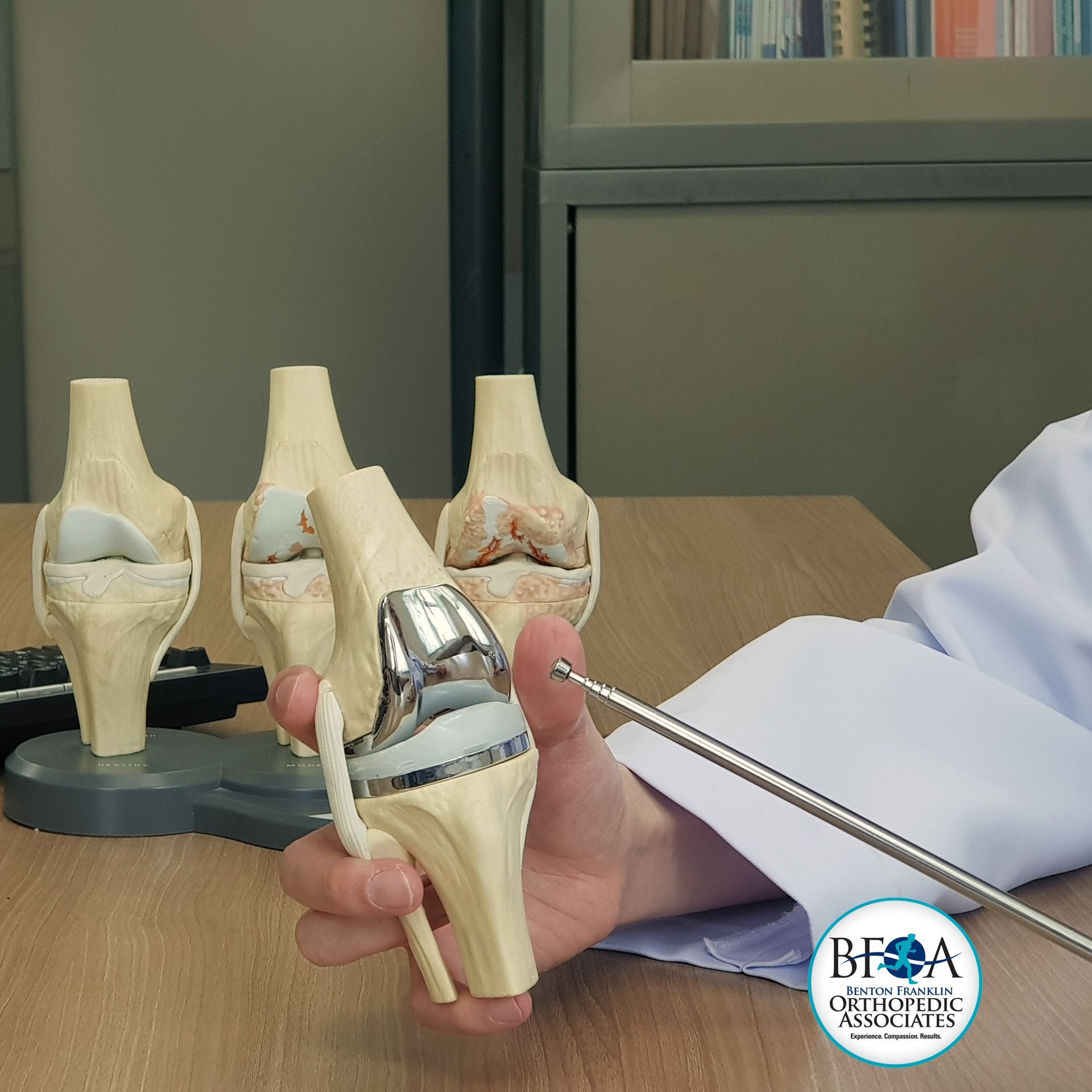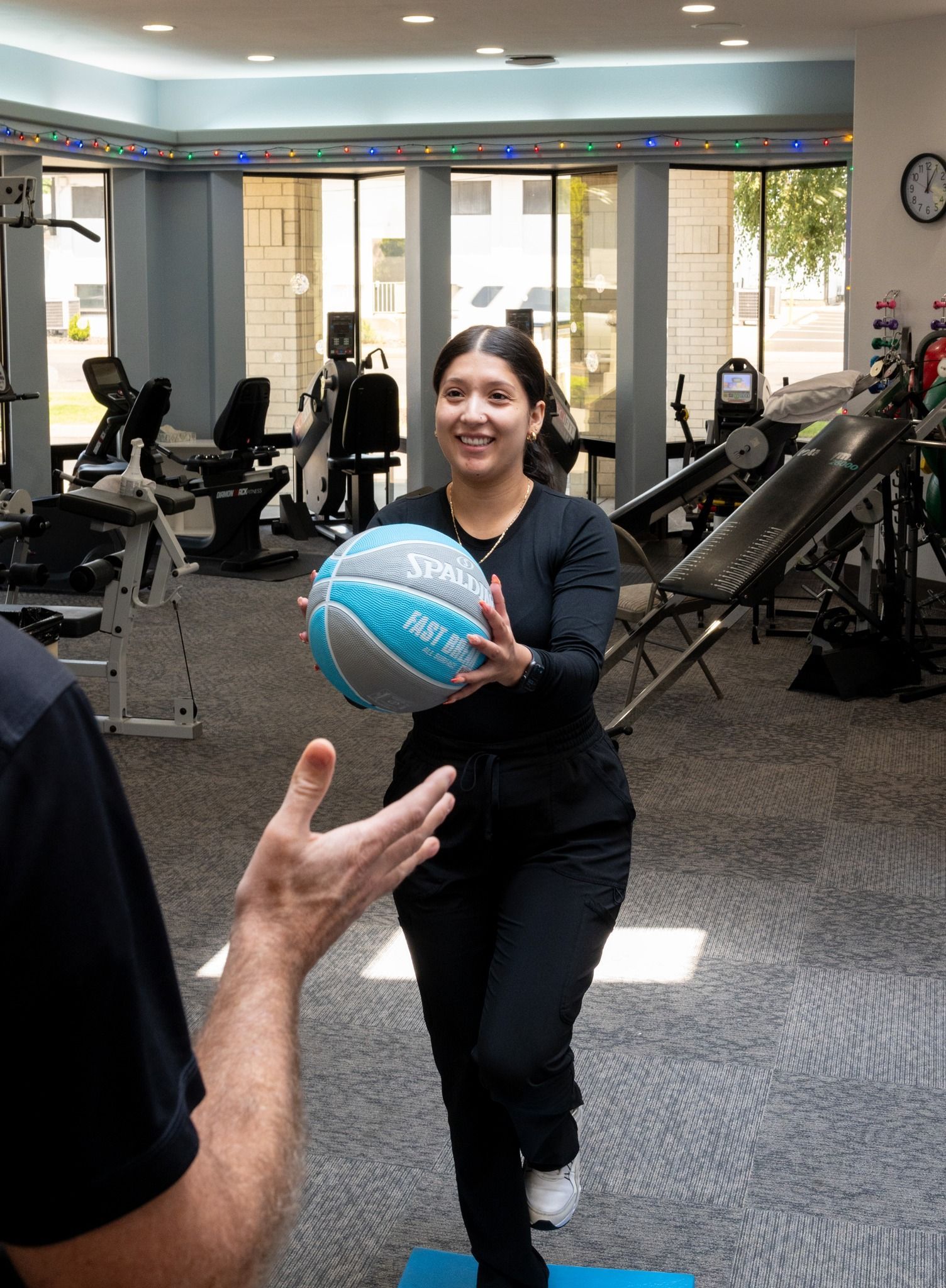Peripheral Nerve Pain in Kennewick, WA
Understanding Peripheral Nerve Pain: Insights from Benton Franklin Orthopedic Associates
Peripheral nerve pain, also known as neuropathic pain, can be a debilitating condition that affects many aspects of daily life. At Benton Franklin Orthopedic Associates, we are dedicated to providing comprehensive care and effective treatment options for those suffering from this challenging condition. This blog post will explore the causes, symptoms, and treatment options for peripheral nerve pain, offering hope and relief to those affected.
What is Peripheral Nerve Pain?
Peripheral nerve pain occurs when the peripheral nerves, which are located outside the brain and spinal cord, are damaged. These nerves play a crucial role in transmitting signals between the central nervous system and the rest of the body. When they are damaged, it can result in pain, numbness, and other sensory disturbances.
Causes of Peripheral Nerve Pain
There are several potential causes of peripheral nerve pain, including:
- Diabetes: One of the most common causes, diabetic neuropathy, results from prolonged high blood sugar levels damaging the nerves1.
- Injuries: Traumatic injuries from accidents, falls, or sports can stretch, compress, or sever nerves.
- Infections: Certain infections, such as shingles or Lyme disease, can cause nerve damage.
- Autoimmune Diseases: Conditions like lupus, rheumatoid arthritis, and Guillain-Barre syndrome can lead to nerve damage2.
- Toxins: Exposure to toxins, including heavy metals and certain medications, can damage peripheral nerves
Symptoms of Peripheral Nerve Pain
The symptoms of peripheral nerve pain can vary depending on the type and extent of nerve damage. Common symptoms include:
- Sharp, Jabbing Pain: Often described as stabbing or shooting pain.
- Burning Sensation: A persistent burning feeling in the affected areas.
- Tingling or Numbness: Sensations of pins and needles or complete numbness, typically in the hands and feet.
- Muscle Weakness: Difficulty with coordination and muscle control.
- Sensitivity to Touch: Even light touch can cause significant pain.

When to Seek Medical Attention
It's important to seek medical care if you experience unusual tingling, weakness, or pain in your hands or feet. Early diagnosis and treatment can help manage symptoms and prevent further nerve damage.
Treatment Options
At Benton Franklin Orthopedic Associates, we offer a range of treatment options for peripheral nerve pain, tailored to each patient's needs.
These may include:
- Medications: Pain relievers, anti-seizure medications, and antidepressants can help manage symptoms1.
- Physical Therapy: Exercises and therapies to improve strength, flexibility, and coordination2.
- Interventional Procedures: Techniques such as nerve blocks and spinal cord stimulation to target and alleviate pain3.
- Lifestyle Modifications: Managing underlying conditions like diabetes, adopting a healthy diet, and avoiding toxins1.
Peripheral nerve pain can be a challenging condition, but with the right care and treatment, it is possible to manage symptoms and improve quality of life. At Benton Franklin Orthopedic Associates, we are committed to providing compassionate and effective care for those suffering from peripheral nerve pain. If you have any questions or need more information about our services, please call us at 509-586-2828.




